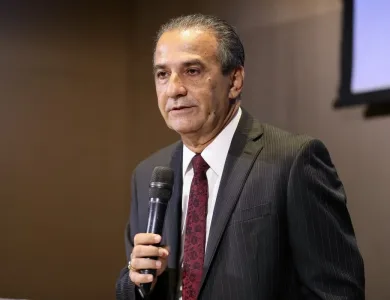Salu Sawant turned out for Seza FC by day, and took to the stage for Zagor — Goa’s traditional colourful, musical folk theatre — by night. ‘Feast in the morning, football in the afternoon, drama in the evening’ was the Goan way of life. Paddy fields that form the state’s bordering landscape when the sea doesn’t, along either side of the NH17, used to make way for small clearings which were used to kick around a ball made by rolling a cloth into a sphere. Goa was a giant gymnasium in some recent-ancient past. And when it started to rain to turn the scenery lusher than it already was, the Goan gymnasium would move indoors—carrom, badminton, scrabble.
It was a state of toddy tappers, bakers and farmers—all of whom loved the kickabout. Once the fields were harvested – everyone formed a team, the churches, the temples, the clubs and the inter-village tournaments sang a stirring, soulful backdrop to everyday life.
Now it hurts the seasoned Goan eyes to watch Housie games take over Sundays—with entire swathes sitting around chairs with pens in their right and chits with random numbers in their right. It pains the Goans to watch young boys in pirate pants immersed in phones and slouching over two-wheelers instead of running about on open fields and playing tricks with the ball. It’s said with a distinct lament how Goan youngsters traded their love for the dribble with the dazzle of the dollar.
Goan football’s slow death due to lure
Comentários
 Como Pastores Transformam Dízimos em Impérios Pessoais
Como Pastores Transformam Dízimos em Impérios Pessoais Instagram Remove Perfis de Fofoca Gospel e Expõe Guerra Entre Influenciadores e Lideranças Religiosas
Instagram Remove Perfis de Fofoca Gospel e Expõe Guerra Entre Influenciadores e Lideranças Religiosas Silas Malafaia anuncia exclusão de membros divorciados, mas aceita jabes alencar
Silas Malafaia anuncia exclusão de membros divorciados, mas aceita jabes alencar Silas Malafaia anuncia exclusão de membros que se divorciarem e casarem novamente
Silas Malafaia anuncia exclusão de membros que se divorciarem e casarem novamente